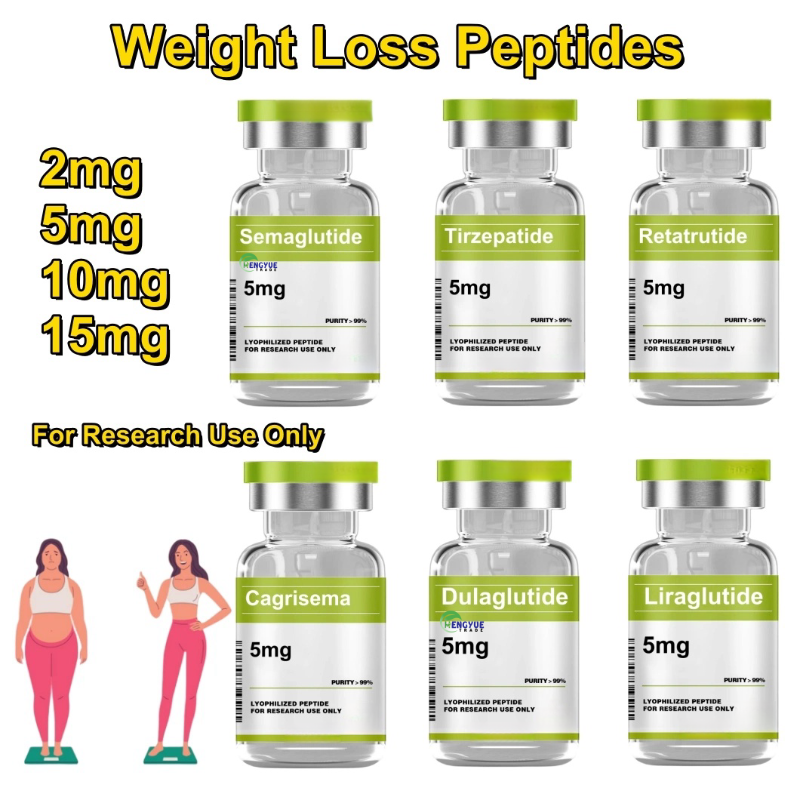-
Categories
-
Pharmaceutical Intermediates
-
Active Pharmaceutical Ingredients
-
Food Additives
- Industrial Coatings
- Agrochemicals
- Dyes and Pigments
- Surfactant
- Flavors and Fragrances
- Chemical Reagents
- Catalyst and Auxiliary
- Natural Products
- Inorganic Chemistry
-
Organic Chemistry
-
Biochemical Engineering
- Analytical Chemistry
-
Cosmetic Ingredient
- Water Treatment Chemical
-
Pharmaceutical Intermediates
Promotion
ECHEMI Mall
Wholesale
Weekly Price
Exhibition
News
-
Trade Service
(S)-1-(5-phenyl-1H-imidazol-2-yl)ethanamine, commonly referred to as (S)-PNCAs, is a synthetic compound that has gained popularity in the chemical industry due to its wide range of applications in various fields, such as pharmaceuticals, agrochemicals, and pesticides.
However, the safety of (S)-PNCAs has become a topic of concern in recent times, with several studies indicating its potential toxicity to humans and the environment.
(S)-PNCAs is a potent inhibitor of acetylcholinesterase, an enzyme that plays a crucial role in the regulation of neurotransmitter activity in the nervous system.
The inhibition of this enzyme can lead to the accumulation of acetylcholine, which can cause muscarinic and nicotinic effects such as excessive salivation, sweating, and respiratory difficulties.
Chronic exposure to (S)-PNCAs has been linked to various neurological disorders, such as Alzheimer's disease, Parkinson's disease, and amyotrophic lateral sclerosis (ALS).
In addition to its effects on the nervous system, (S)-PNCAs has also been shown to cause genotoxic and carcinogenic effects in various studies.
It has been classified as a Group 2A carcinogen by the International Agency for Research on Cancer (IARC), indicating that it is possibly carcinogenic to humans.
Long-term exposure to (S)-PNCAs has been associated with an increased risk of developing cancer, particularly in the liver, lung, and breast tissues.
The potential toxicity of (S)-PNCAs has also been demonstrated in various animal studies.
Rats exposed to high doses of (S)-PNCAs have shown decreased body weight, decreased motility, and increased incidence of tumors in the liver and lung.
Similarly, mice exposed to (S)-PNCAs have demonstrated decreased body weight, increased mortality, and increased incidence of tumors in the lung and liver.
The environmental impact of (S)-PNCAs has also been a concern.
It has been found to be highly persistent in soil, water, and sediment, and can accumulate in the food chain, posing a risk to non-target species.
The potential for (S)-PNCAs to cause eco-toxicity has been demonstrated in various studies, including decreased growth and survival rates in fish and other aquatic organisms.
In conclusion, while (S)-PNCAs has numerous applications in various industries, its potential toxicity to humans and the environment has become a major concern.
It is imperative that proper safety measures are implemented in its production, use, and disposal to minimize its impact on human health and the environment.
In addition, further research is needed to fully understand its potential health and environmental risks, as well as to develop safer alternatives.







